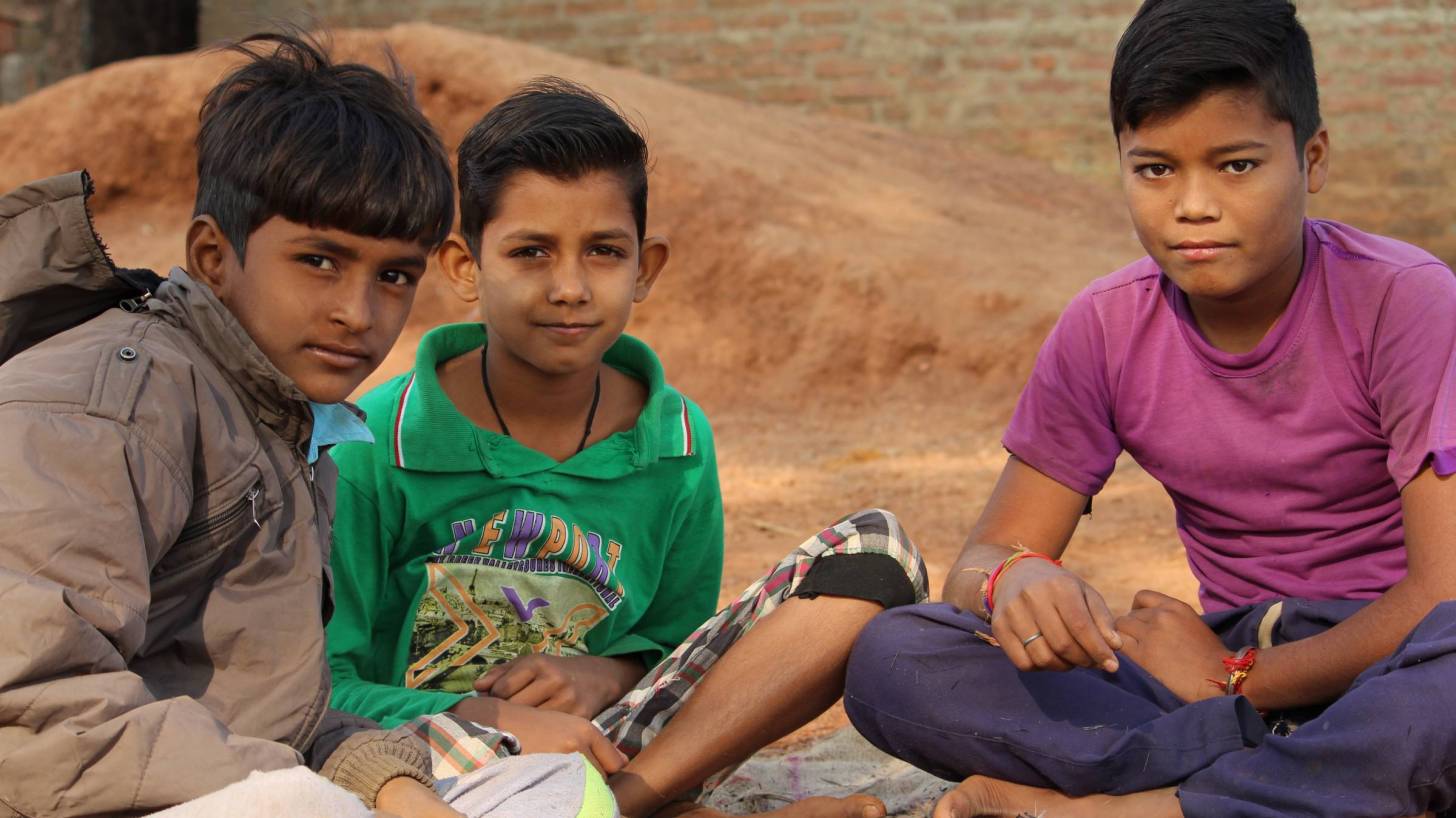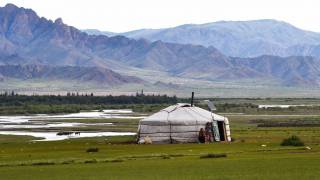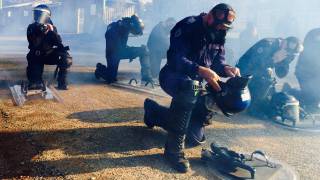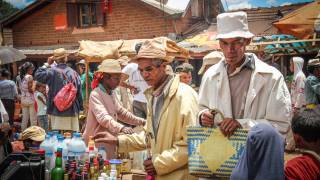The WHO’s Decade of Action Calls for Accelerating Sustainable Solutions

As the year 2020 and a new decade kicks-off, the World Health Organization (WHO) released a list of urgent, global health challenges.
This list from the WHO published on January 13, 2020, includes challenges that are simple to address but are within reach.
Dr. Tedros Adhanom Ghebreyesus, WHO Director-General, said in a related press release, “We need to realize that health is an investment in the future. A pandemic could bring economies and nations to their knees.”
“Which is why health security cannot be a matter for ministries of health alone.”
“With the deadline for the 2030 Sustainable Development Goals quickly approaching, the United Nations General Assembly has underscored that the next 10 years must be the "decade of action".
Today, progress is being made in many places, but, overall, action to meet the Goals is not yet advancing at the speed or scale required. 2020 needs to usher in a decade of ambitious action to deliver the Goals by 2030.
“This means advocating for national funding to address gaps in health systems and health infrastructure, as well as providing support to the most vulnerable countries.”
“The cost of doing nothing is one we cannot afford.”
“There are no shortcuts to a healthier world. 2030 is fast approaching, and we must hold our leaders accountable for their commitments.”
Two of the WHO’s areas of focus are infectious diseases and the potential for a pandemic.
Infectious diseases like HIV, tuberculosis, viral hepatitis, malaria, neglected tropical diseases, and sexually-transmitted infections could kill an estimated 4 million people in 2020.
Although polio has been driven to near eradication, there were 156 cases of wild poliovirus during 2019, the most polio cases confirmed since 2014.
‘Furthermore, a pandemic of a new, highly infectious, airborne virus to which most people lack immunity is inevitable. It is not a matter of if another pandemic will strike, but when, and when it strikes it will spread fast, potentially threatening millions of lives,’ says the WHO.
Meanwhile, vector-borne diseases like dengue, malaria, Zika, chikungunya, and yellow fever are spreading as mosquito populations move into new areas.
There’s an urgent need for strengthening routine immunization; improving the quality and availability of data to inform planning, and more efforts to mitigate the effects of drug resistance.
“There’s also a need to invest in research and development of new diagnostics, medicines, and vaccines.”
“The Decade of Action calls for accelerating sustainable solutions to all the world’s biggest challenges — ranging from poverty and gender to climate change, inequality and closing the finance gap.”
‘Together with partners, the WHO is working to resolve these challenges by 2030,’ said Dr. Tedros.
International health and vaccination news published by Vax-Before-Travel.com.
Our Trust Standards: Medical Advisory Committee




